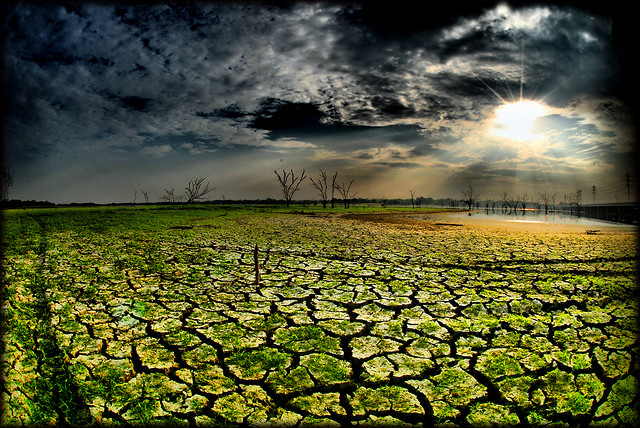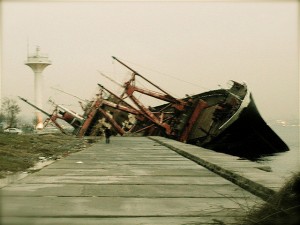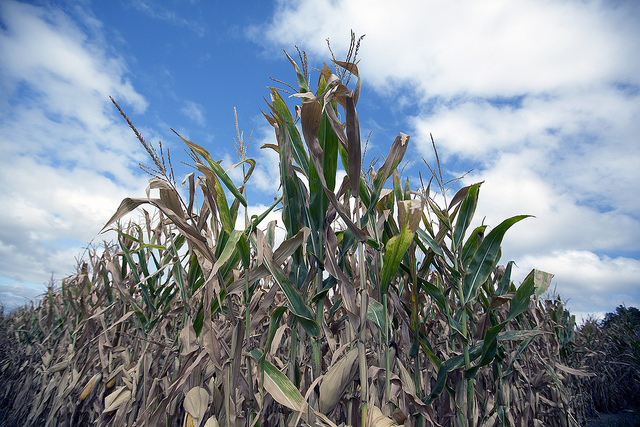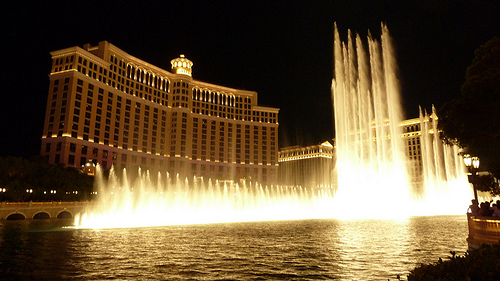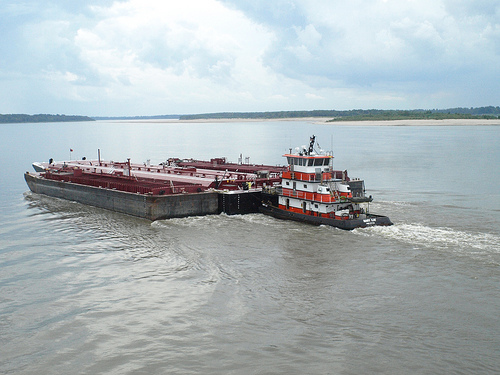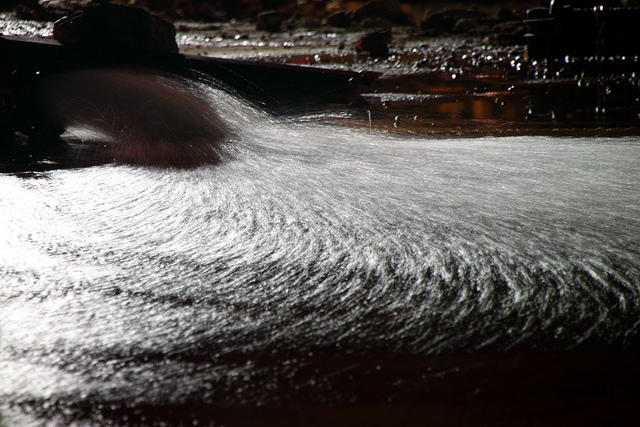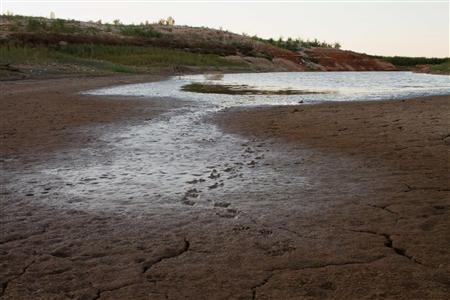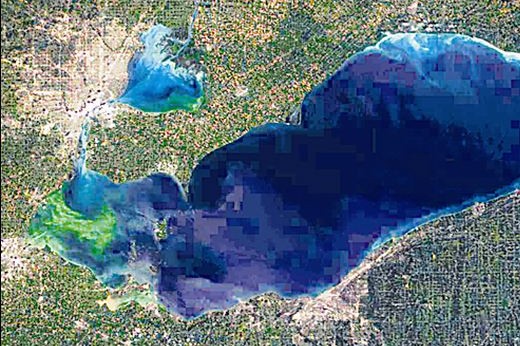Podcast: Play in new window | Download
Subscribe: RSS
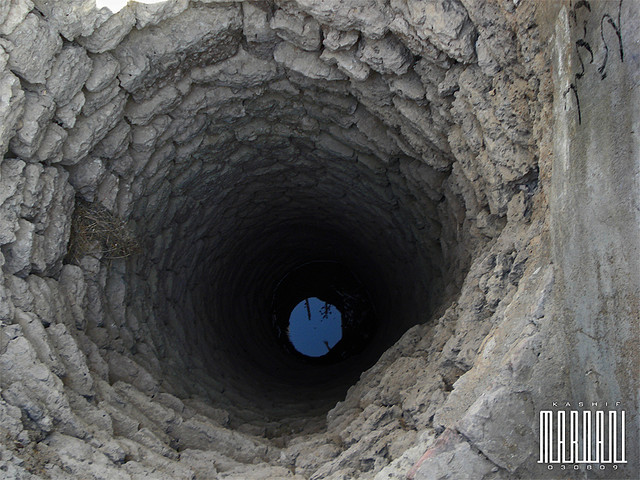
Throughout human history, poisoning a well has been the foulest crime. Now it is approved by the EPA. (Photo by Kashif Mardari/Flickr)
One of the core ideas here at the Daily Impact is that industry, while pursuing profits (economies of scale), simultaneously concentrates risk. What industry has to do, then, is keep us focused on its quick payoffs (We’re job creators! We help the economy!) and distracted from the long term dangers posed by, for example, pollution. As our waters have increasingly been poisoned, our air relentlessly made more noxious, our very climate changed and our land made barren, getting the crap out of sight has become more and more difficult. But necessity is a mother, and it has borne a new invention.
